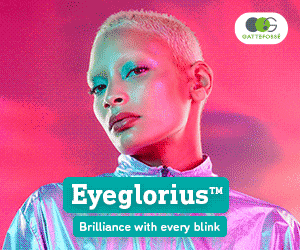A group of Florida researchers have discovered chemical toxins used in some personal care products in stranded dolphins and whales.
The study, led by Florida Atlantic University (FAU), examined five toxicants in blubber tissues of 83 dolphins and whales in North Carolina and Florida from 2012 to 2018.
This included triclosan, an antibacterial and antifungal agent, which is present in some consumer products, such as toothpaste and soaps.
The analysis also traced for DEP, a phthalate ester found in plastics; nonylphenol ethoxylate (NPE), used in food packaging; bisphenol-A, for plastic items such as water bottles; and diethyl phthalates, a colourless liquid used to make plastics more flexible.
“We must do our part to reduce the amount of toxicants that enter into our marine environment, which have important and environmental implications not just for marine life but for humans,” said Annie Page-Karjian, Assistant Research Professor and Clinical Veterinarian at FAU’s Harbour Branch.
“These chemicals work their way up through the food chain and get more concentrated the higher up they go.
“When dolphins and whales eat fish with concentrations of the chemicals, the toxic elements enter their bodies.
“Dolphins eat a variety of fish and shrimp in these marine environments and so do humans.”
The team also analysed liver samples of five non-essential elements: arsenic, cadmium, lead, mercury and thallium, six essential elements: cobalt, copper, manganese, iron, selenium and zinc, and a toxicant mixture class: aroclor, a highly toxic industrial compound.
Cosmetic ingredients’ impact on the world’s aquatic life has sparked governments into action to ban agents in order to protect oceans.
In 2018, Hawaii became the first US state to ban sunscreens containing oxybenzone and octinoxate.
These ingredients prompt water to heat and cause coral reefs to bleach, making them uninhabitable as an ecosystem.
Meanwhile, plastic microbeads in rinse-off cosmetics have been banned in the UK, US, Canada and New Zealand, as well as other countries in Europe.



